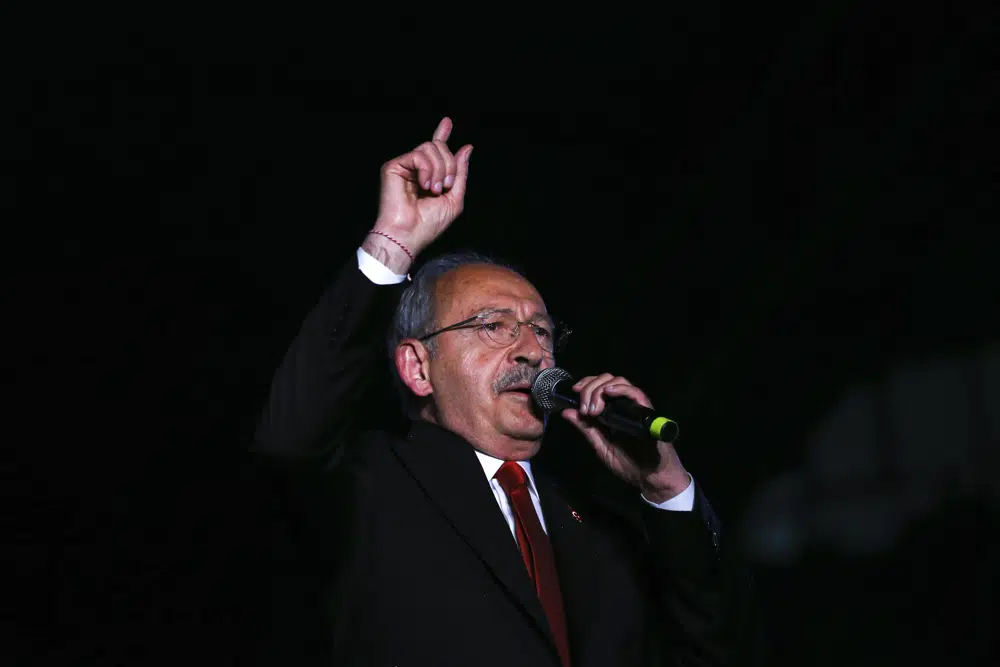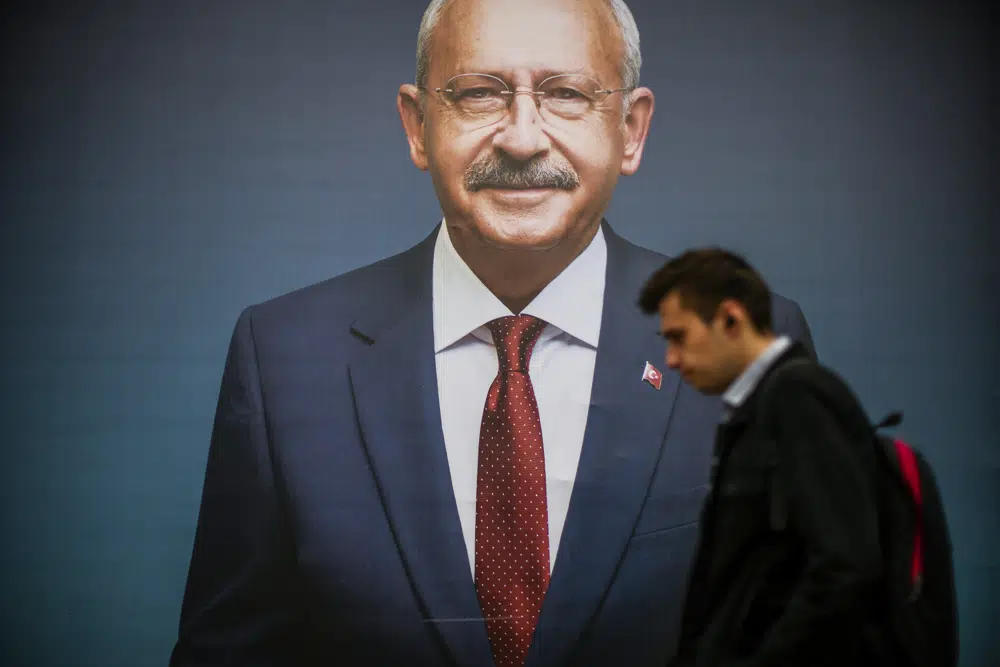Turkey’s Supreme Election Council has declared that the presidential election will be decided in a runoff. President Recep Tayyip Erdogan will face his rival, Kemal Kilicdaroglu in the run-off election.
The runoff vote is scheduled to take place on May 28, 2023. According to Ahmet Yener, the Head of Supreme Election Council, preliminary results showed that Erdogan won 49.5% of the vote, while Kilicdaroglu gained 44.9%, and the third candidate, Sinan Ogan, received 5.2%.
The remaining uncounted votes were not enough to push Erdogan into outright victory, even if they were all in his favour, Yener said. In the last presidential election in 2018, Erdogan won in the first round, with more than 52% of the vote.

Yener disclosed that voter turnout in Turkey was 88.92%.
The election results showed that the alliance led by Erdogan’s ruling Justice and Development Party would keep its majority in the 600-seat parliament, although the assembly has lost much of its power after a referendum that gave the presidency additional legislative powers narrowly passed in 2017.
Erdogan’s AKP and its allies secured 321 seats in the National Assembly, while the opposition won 213 and the 66 remaining went to a pro-Kurdish alliance, according to preliminary results.
With Erdogan’s alliance retaining its hold on the parliament, he is now in a good position to win in the second round.
Kemal Kilicdaroglu, Erdogan’s contender, appealed to supporters not to “fall into despair.” He tweeted around the time the runoff was announced, “Don’t lose hope…. We will get up and win this election together.”

Turkey’s conservative heartland overwhelmingly voted for the ruling party, with Kilicdaroglu’s main opposition winning most of the coastal provinces in the west and south. The pro-Kurdish Green Left Party, YSP, won the predominantly Kurdish provinces in the southeast.
Results reported by the state-run news media depicted that Erdogan’s party won 10 out of 11 provinces in the earthquake-hit region, an area that has traditionally supported the President. That was in spite of criticism of a slow response by his government to the 7.8-magnitude earthquake that killed more than 50,000 people.
Ogan Yet To Make Public Endorsement
Right-wing candidate, Sinan Ogan has not announced whom he would endorse if the elections go to a second round. He is believed to have received support from nationalist electors wanting change after two decades under Erdogan but unconvinced by the Kilicdaroglu-led six party alliance’s ability to govern.
Kilicdaroglu, 74, and his party have lost all previous presidential and parliamentary elections since he took leadership in 2010 but increased their votes this time.

With Kilicdaroglu as candidate, it was perceived that the opposition had its best chance so far to dislodge President Recep Tayyip Erdogan from power, because of a broad-based alliance of parties. However, the results show that the opposition has to do more to emerge victorious after the runoff.
The international monitoring group OSCE, noted several flaws in the election, pointing out that Erdogan and the ruling parties had enjoyed “an unjustified advantage”.
Erdogan has been in power in Turkey for more than 20 years, first as Prime Minister and then as President. Western nations and foreign investors were particularly interested in the election outcome because of Erdogan’s unconventional leadership of the economy.
READ ALSO: Poland Receives First Batch Of U.S.-Made HIMARS Rocket Launchers




















